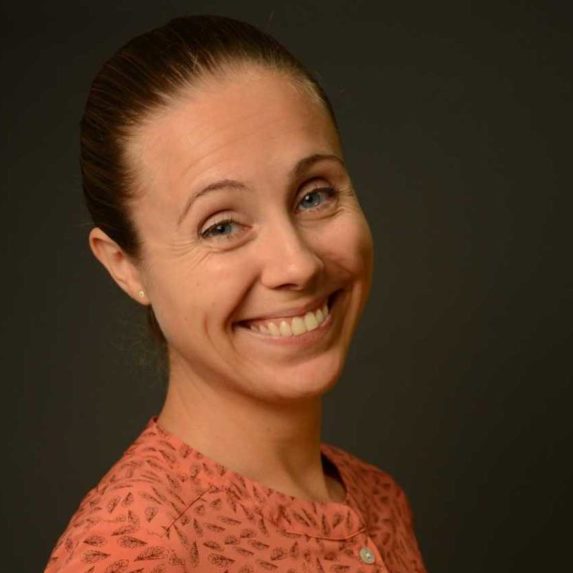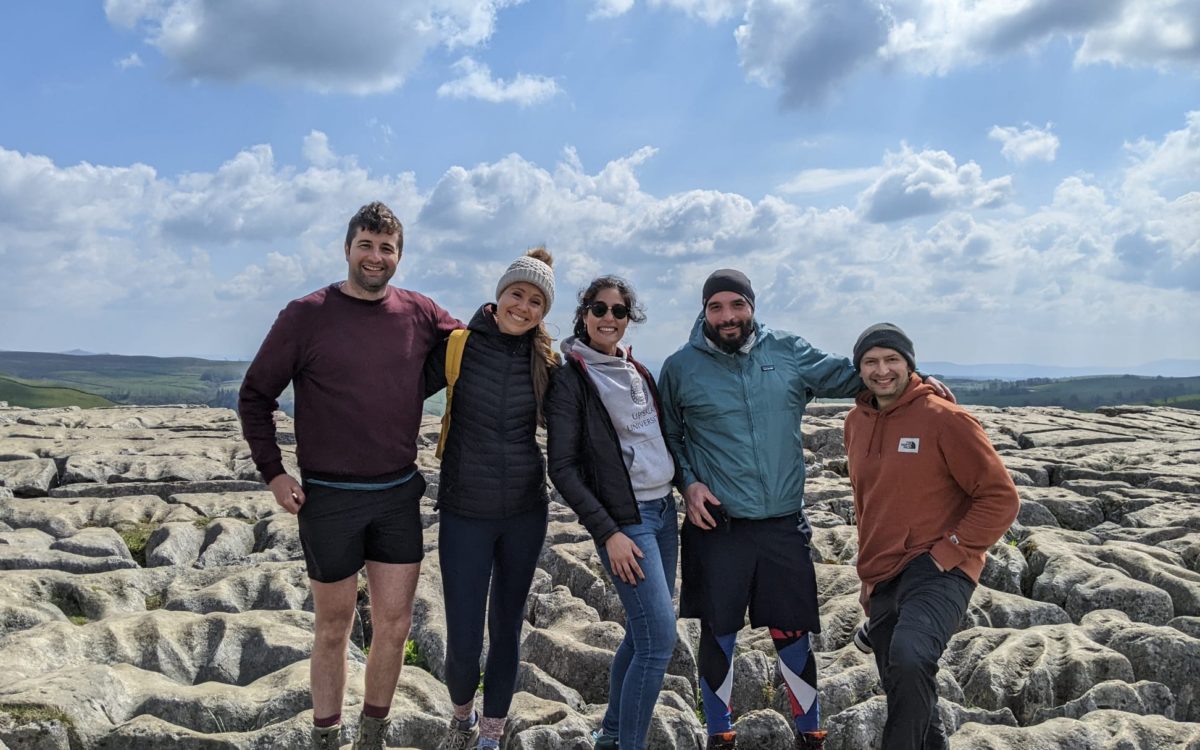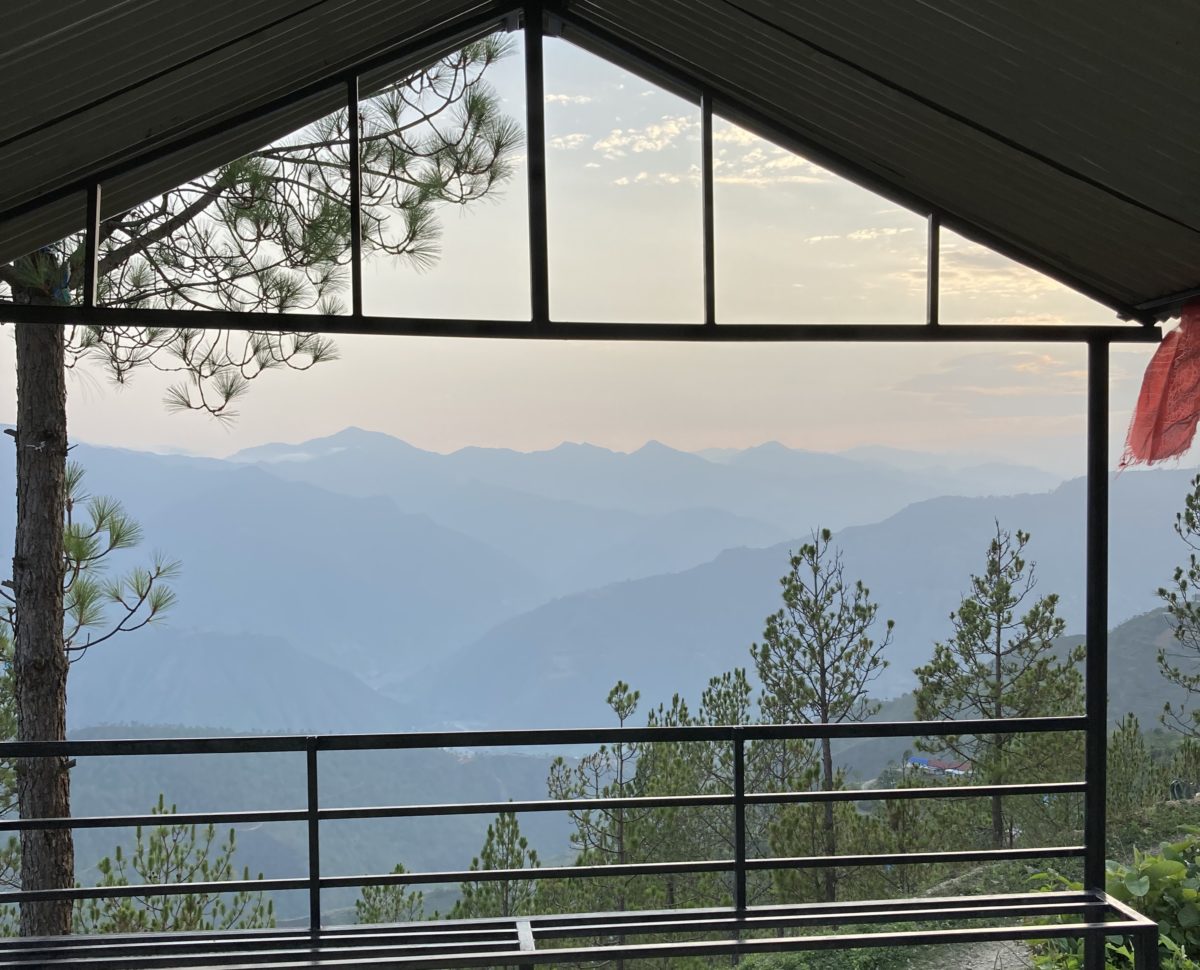
Anastasia Shesterinina
‘This has been an extremely exciting and productive year, which changed our initial assumptions about the pathways that civil wars follow and deepened our links with the ongoing research in the civil war studies community’
This week concluded the 2021-2022 Civil War Paths seminar series and a year of community building and engagement at the Centre for the Comparative Study of Civil War. What did we learn along the way? The contributions of esteemed speakers, the Civil War Paths project team, our Fellows, and colleagues have enriched our understanding not only of the different pathways that civil wars follow but also of cutting-edge research that is conducted on civil war within our vibrant community of scholars. We highlight a number of these contributions here.
How it started
We started the year by asking a number of questions. How do civil wars unfold through path-dependent and endogenous dynamics? More specifically, how do organisational origins of armed groups shape these actors’ relations with civilian populations and other non-state, state, and external actors at the outset of civil wars? And how do these relations change over time to transform the actors themselves and the broader trajectories of civil wars? We proposed viewing civil war as a social process that connects dynamics of conflict from pre- to post-war periods through evolving interactions between non-state, state, civilian, and external actors involved. And we suggested that civil wars follow different pathways based on how they emerge, unfold, and end or transform.
In developing our understanding of these pathways, we drew on the work of leading scholars of social movements, political violence, and civil war; and we invited some of these scholars to discuss their research with us. Professor Wendy Pearlman spoke about her concept of ‘narrative identity’ and explained that when mobilisation takes place ‘from scratch’, there is no time to engage in narration because of the urgent need to act on the events. Professor Donatella della Porta outlined mechanisms of civil war onset, persistence, and exit based on her work on the link between social movements and civil war. Professor Janet Lewis discussed clandestine roots of non-state armed groups in weak states building on her book and recent work on rebel group formation. Lastly, Professor Philip Roessler pinpointed the origins of many civil wars in weak state contexts in regime fragmentation, focusing on what he calls the ‘coup-civil war trap’.
Through a number of project team workshops and ‘crash courses’, we brought these and other insights from civil war studies and our earlier research together to focus our comparative research on armed groups that emerge from social movement mobilisation, clandestine activities, and state splinters. Working in parallel with these conversations and in consultation with a group of experts, Michael Livesey mapped all contemporary civil wars according to these pathways with the help of existing datasets, particularly (but not only) the ‘Foundations of Rebel Group Emergence’ dataset developed by Jessica Maves Braithwaite and Kathleen Gallagher Cunningham.
How it’s going
Early findings from our case studies shed light on the nuances in these pathways. Hanna Ketola found the CPN-M in Nepal emerged as a clandestine political party but evolved into a social movement during the war. Toni Rouhana identified social movement foundations of armed actors in the Lebanese Civil War but showed that the events of the war fragmented these original alliances. Sayra van den Berg problematised the state splinter pathway in South Sudan stressing the role of coup allegations in the escalation of tensions in 2013. Eduardo Álvarez-Vanegas questioned the clandestine origins of the FARC-EP in Colombia in the 1960s drawing our attention to preceding agrarian movements. This observation reiterated the question that Dr Yvan Guichaoua posed on the endogeneity of armed group origins to broader conflict histories.
Our Fellows’ blog contributions added to our exploration of civil war paths the importance of local communities’ and especially women’s participation, discourses, norms, practices and identities, economic interests, external actors (including peacekeepers), and other conceptual and methodological considerations, not least climate militarisation. Benoit Siberdt drew parallels between his work on different ideal types of civil war onset (peripheral challenge, state disintegration, coups, and insurrectionary protests) and the organisational origins of armed groups that we trace, concluding that our respective macro- and meso-level approaches are complementary. Alex Waterman (with James Worrall) zoomed into the notion of order as a theme that can help us rethink the grey areas between the nonlinear pre-war, wartime, and post-war stages of conflict and better understand transitions between them from the perspective of how actors understand the orders they seek to shape. Laura Martin introduced the power of humour in fieldwork, calling for a balance between the ‘do no harm’ principle and openness to research participants’ own ways of reflecting on their experiences.
This has been an extremely exciting and productive year, which changed our initial assumptions about the pathways that civil wars follow and deepened our links with the ongoing research in the civil war studies community. We also started looking ahead, preparing to open the 2022-2023 call for applications for our Fellowship Scheme, planning our next year’s seminar series around the case studies as we embark on our fieldwork, and proposing our next round of blog contributions on the subject of ‘Sustaining Peace’ to create impactful connections with peacebuilding practice. We look forward to your future contributions!

